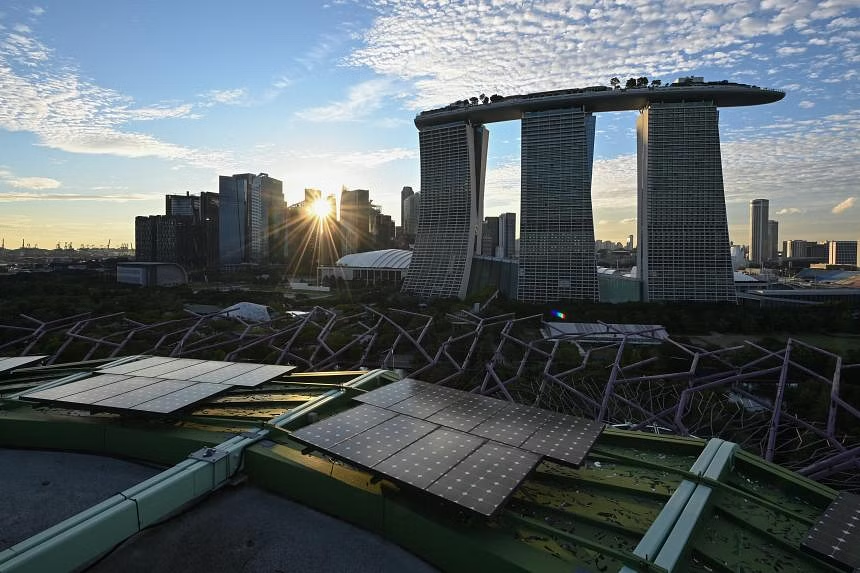nbaschedule2012now.net – Singapore, a city-state known for its resilience and adaptability, is once again navigating through a period of significant global change. The country’s strategic position in Southeast Asia, coupled with its robust economic and social policies, has enabled it to thrive amidst global uncertainties. This article explores the key directions Singapore is taking to secure its future in a rapidly changing world.
Strengthening Regional and Global Integration
One of the primary strategies outlined by Singapore’s Future Economy Council (FEC) is to deepen and expand its international connections. This involves strengthening trade and investment ties with countries in the Asia-Pacific region and beyond. By positioning itself as a vital hub, Singapore aims to leverage its strategic location to foster economic growth and stability.
Enhancing Research, Innovation, and Enterprise
Singapore has long been a proponent of innovation and enterprise. The country is committed to integrating its research and innovation ecosystem more closely with its economic development goals. This includes fostering a culture of innovation within its educational institutions and encouraging businesses to adopt cutting-edge technologies. The goal is to create a sustainable and competitive economy that can adapt to future challenges.
Evolving Social Models and Policies
Recognizing the need to address emerging social issues, Singapore is rethinking its social models and policies to better suit the changing world. This involves creating a more inclusive society where success is defined more broadly, encompassing not just economic metrics but also social well-being. The government is also focusing on policies that can help mitigate the impact of global challenges such as climate change and geopolitical tensions.
Adapting to Technological Advancements
The rapid pace of technological change is another critical factor shaping Singapore’s future. The country is investing heavily in digital infrastructure and skills development to ensure its workforce remains competitive. This includes initiatives to upskill and reskill the population to meet the demands of the future job market. By embracing technology, Singapore aims to maintain its position as a leading global city-state.
Navigating Geopolitical Shifts
The intensifying rivalry between the United States and China, along with other geopolitical shifts, poses significant challenges for Singapore. The country is carefully navigating these complexities to protect its economic interests and maintain its neutrality. Singapore is also actively participating in regional and global forums to advocate for its interests and contribute to the development of international norms and standards.
Conclusion
As Singapore continues to adapt to a changing world, its focus on regional integration, innovation, social inclusivity, technological advancement, and geopolitical navigation will be crucial. By staying agile and forward-thinking, Singapore is well-positioned to secure its future and continue to be a beacon of stability and prosperity in a dynamic global landscape.
